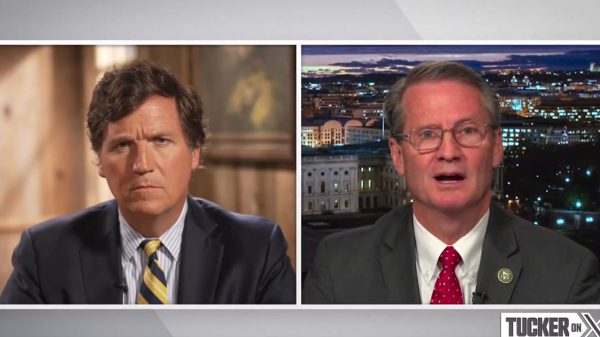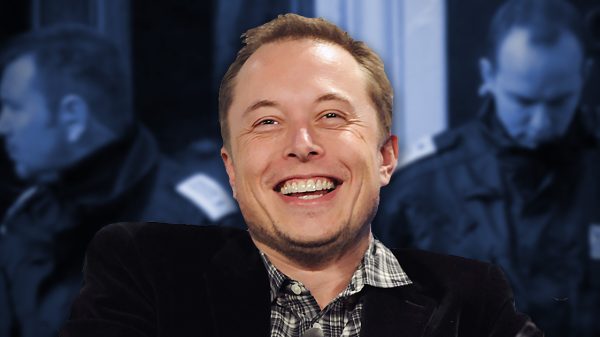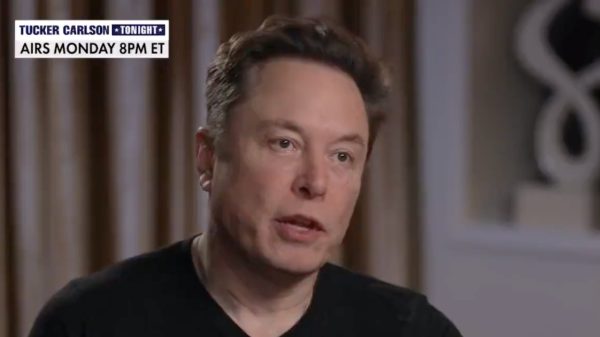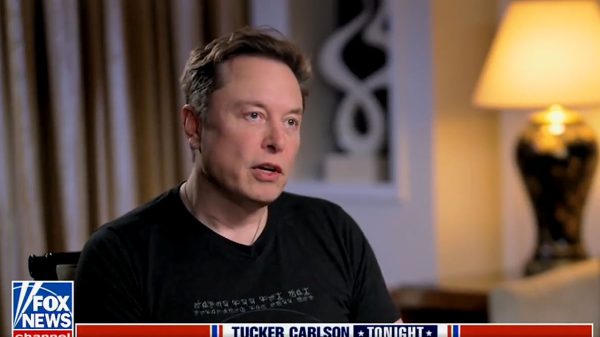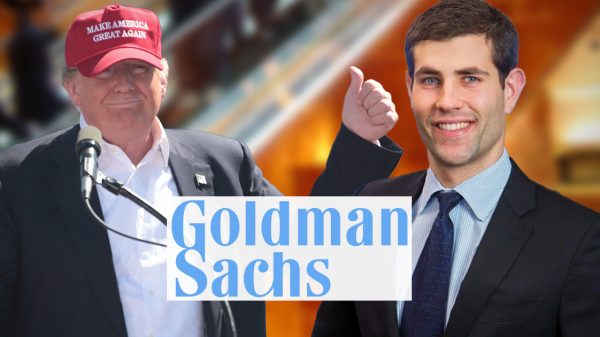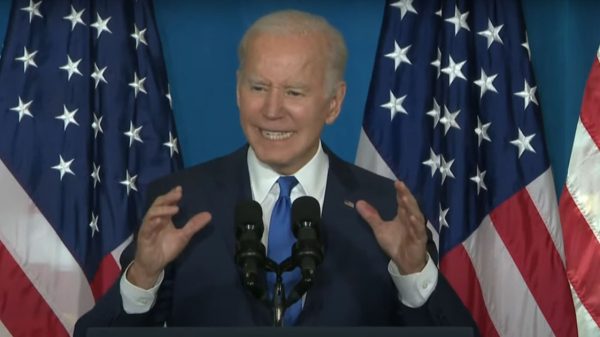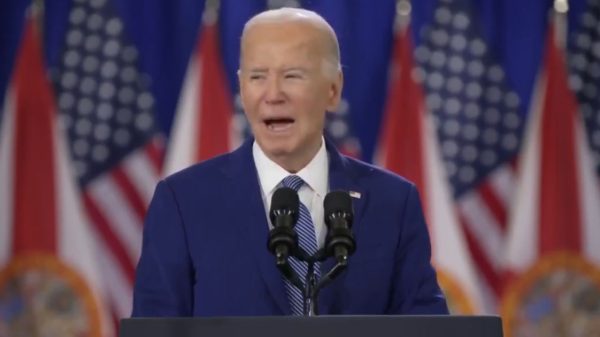Sixty years ago, just like today, eggs were a serious political issue in America, due to inflation. And just like today, that inflation served to force unhealthy and unwelcome dietary change for normal Americans.
In 1966 President Lyndon B. Johnson was in serious trouble, despite winning a landslide election barely two years earlier. Hopelessly entangled in imperial thickets overseas, Johnson faced boiling discontent at home: racial division, student radicalism and a failing economy.
Prices were rising steeply, and Johnson took an aggressive tack in response. As shoe prices went up, he put export controls on hides to increase the leather supply. Then when colour televisions started to become more expensive, he personally spoke to the head of RCA, one of the main manufacturers, and told him to hold his prices. Shipments of New Zealand lamb were used to supply the troops in Vietnam instead of costlier domestic lamb.

Tom Pappert
When agriculture secretary Orville Freeman warned that the cost of eggs was getting out of hand, and that this risked becoming a serious issue all of its own, Johnson’s response was rather different. Instead of trying to intervene to make eggs cheaper or stabilise the price, the President had the surgeon general issue alerts about the hazards of the cholesterol in them.
Johnson seriously believed that he could scare people into consuming fewer eggs by telling them their favourite breakfast staple would give them a heart attack. And nobody would care about the price of eggs if they weren’t buying as many, right? Problem solved.
This wasn’t a stupid idea, politically at least. Heart disease rates had been climbing for decades, and the issue had been thrown into the national spotlight in 1955, when President Eisenhower had a heart attack in the White House.
But the science that explained this phenomenon was far from settled. What came to be known as the “lipid-heart hypothesis” – the idea that dietary consumption of cholesterol, usually from animal products, increases cholesterol in the blood, which causes plaques to form in the blood vessels, leading to heart attacks – had emerged in unpromising circumstances twenty years before, and many scientists knew that it was bunk.

Tom Pappert
This hypothesis, shaky as it may have been, had received a significant boost in profile from margarine makers, who were hunting for “science”to help sell their new products, made from industrial-waste oils. In the 1940s, Proctor and Gamble had given the huge sum of $1.5 million to the American Heart Association to provide legitimacy for Crisco (“Crystallized Cottonseed Oil”), a margarine, as a “heart-healthy alternative” to traditional animal products like butter and lard. Now, in the sixties, that early investment was paying dividends, as the lipid-heart hypothesis was on its way to becoming the accepted“scientific” position on heart disease.
The President’s declaration began a half-century of intense vilification for the humble egg, as well as for animal foods more generally. In 1968, the American Heart Association issued specific guidelines that individuals should consume no more than 300mg of cholesterol a day, of which no more than 10% should come from saturated (i.e. animal) fat. Attached to these guidelines was a specific warning about eggs, as a particularly high-cholesterol food.
Eggs are the only food in American history to have had a specific warning attached to their consumption. The effects of such a warning were exactly as President Johnson expected; although the decrease did nothing to save his political career.

National Archives
Even now, despite the eventual overthrow of the lipid-heart hypothesis and the abandonment of dietary cholesterol recommendations by the medical establishment, people still worry about the health effects of eating eggs and other animal products. And this despite the fact that the freedom from illness that was promised when we abandoned the foods that made our ancestors strong, still hasn’t appeared. It never will. People only grow sicker – but there’s money in this. Lots of it.
What does President Johnson’s problem with eggs tell us? One thing it tells us is that price inflation can be a major driver of change in people’s dietary habits, especially when inflation can serve political and commercial interests at the same time.
Today, political and commercial interests unite to push plant-based diets and alternative sources of protein. To save the planet, we are told, we must all stop consuming meat and dairy products and instead consume foods of a kind that we’ve only ever eaten in small quantity, or that have never even existed until now. It also just so happens that this food revolution will complete the corporate takeover of the food supply, and of the global political system, that has been taking place for the last century. This is the Great Reset.
Thing is, people don’t want to eat these new foods. Here’s where inflation, again, becomes useful.
Advocates of plant-based foods and new meat alternatives know that they will never convince the public at large to abandon beef and cow’s milk for soy burgers and oat milk – or worse yet mealworm burgers and cockroach milk – by telling them these new ersatz products taste better or are better for your health. Nobody really believes they are, as numerous market-research studies have already shown. In 2021, for instance, a study of Australian men revealed that 70% of them would rather lose ten years of their lives than give up meat.
In one of those amazing “mask-off” moments that happen from time to time, Annalise Griffin, writing in the New York Times last summer, made clear exactly how vital inflation is going to be in forcing change, regardless of what people actually want. “You want to buy meat? In this economy?” asks the title of the piece. Griffin notes how, “historically, cost has been a powerful force that has changed Americans’ diets”. “Inflation,” she writes, “has the potential to drive welcome change for the planet if Americans think differently about the way they eat.” Welcome for the planet: but what about us?
Ominously, Griffin even praises the 1917 Lever Act, a law passed after America’s entry into World War I to allow the federal government to requisition food from ordinary people to prevent hoarding. Whether the government will intervene in the inflationary economy to make consumption of new alternative foods more attractive, remains to be seen, but we shouldn’t discount the possibility. After the last three years, nothing should surprise us.
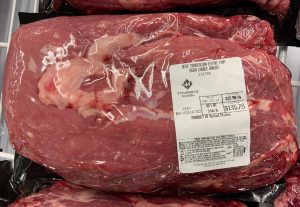
Liberation Report
For the time being, although some high-profile brands like Impossible and Beyond Meat are continuing to show dismal performance, others are starting to enjoy themselves as consumers struggle more and more to afford traditional animal foods. JUST Egg, a manufacturer of plant-based “eggs”, is now running an ad campaign that says, proudly, “plants don’t get the flu” – a snide reference to one of the main drivers of inflation for eggs, the recent outbreaks of avian flu, which have caused huge numbers of laying chickens to be culled as a preventative measure. Clearly, the brand’s founder Josh Tetrick knows to make hay when the sun shines – even if he understands nothing else about the workings of traditional agriculture.
What can we do? In the short term, ensuring access to nourishing animal foods may require you, or you and a group of family or friends, to invest in livestock yourself. Even a modest garden can accommodate a few chickens, which will produce a surprising amount of eggs.
In the long term, however, nothing short of a mass political movement, one that asserts our right, as humans, to nourishing nutrient-dense animal foods, will do. Such a movement would assert our right to many other things as well, not least of all national sovereignty and the right to determine our fates for ourselves, free from the control of a rootless elite to whom we are little more than counters in a global power-game.
So as I said, we’ve been here before. But where we’re going, if we don’t get our act together soon, will be somewhere we’ve never been before.
This op-ed features opinion and analysis from Raw Egg Nationalist, the popular health and fitness author recently profiled in the Tucker Carlson Originals documentary, The End of Men. His book, “The Eggs Benedict Option”, is available on his website and from popular book sellers, and his magazine, “Man’s World”, is available online.









